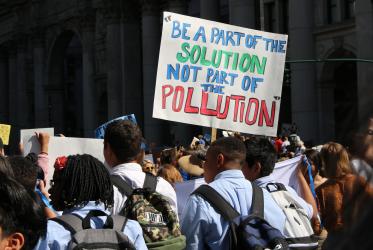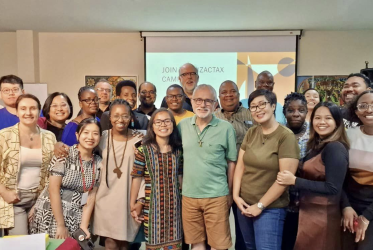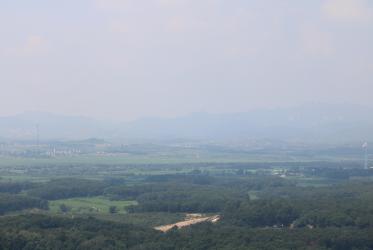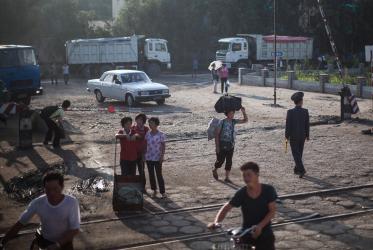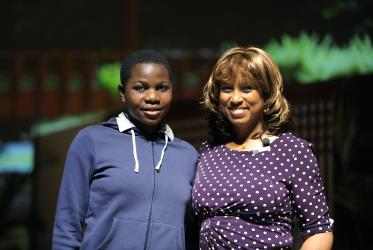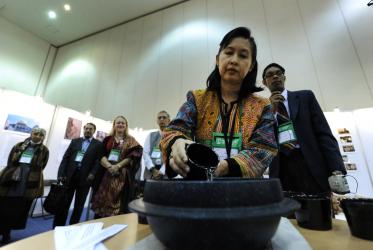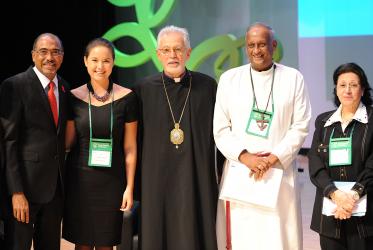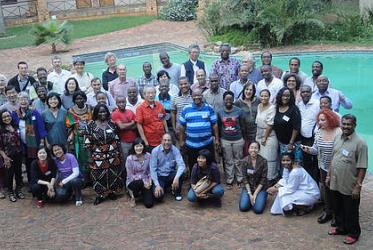Displaying 1 - 19 of 19
GEM School explores how to make new economic world order a reality
08 September 2023
Unity is key when health crisis poses new challenges in Asia
28 February 2022
Asian church leaders exchange ideas on diaconia
19 December 2017
New video presents Ecumenical Advocacy Alliance’s call to action
13 January 2016
Pilgrimage of justice and peace gives vision for WCC programmes
22 November 2014
Issues of justice in focus at WCC Busan assembly
06 November 2013
Religious leaders highlight significance of water at WCC assembly
04 November 2013
Participants connect assembly theme to their realities
31 October 2013
